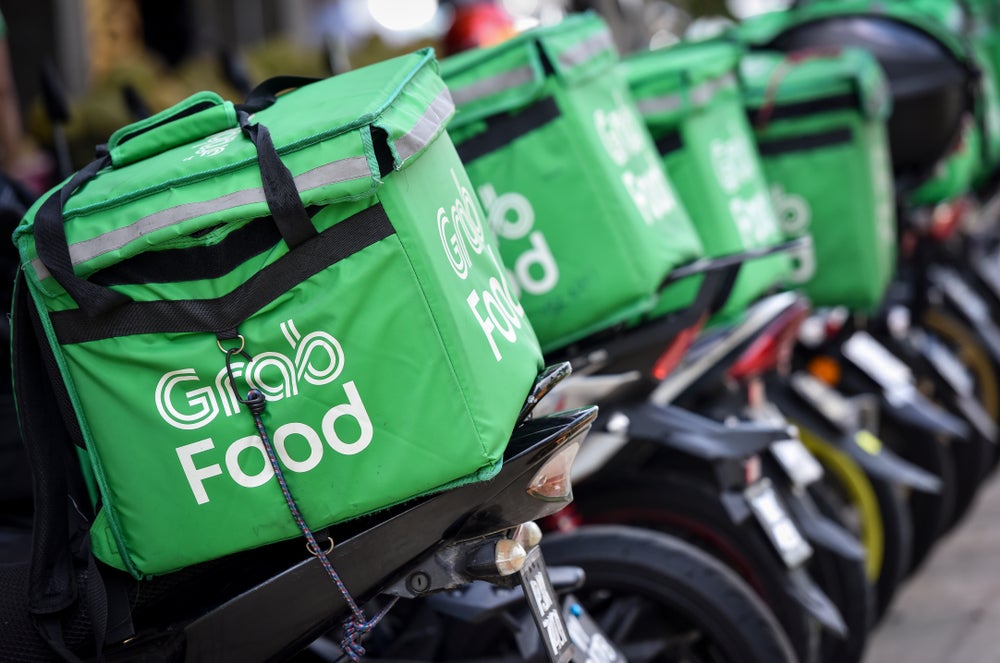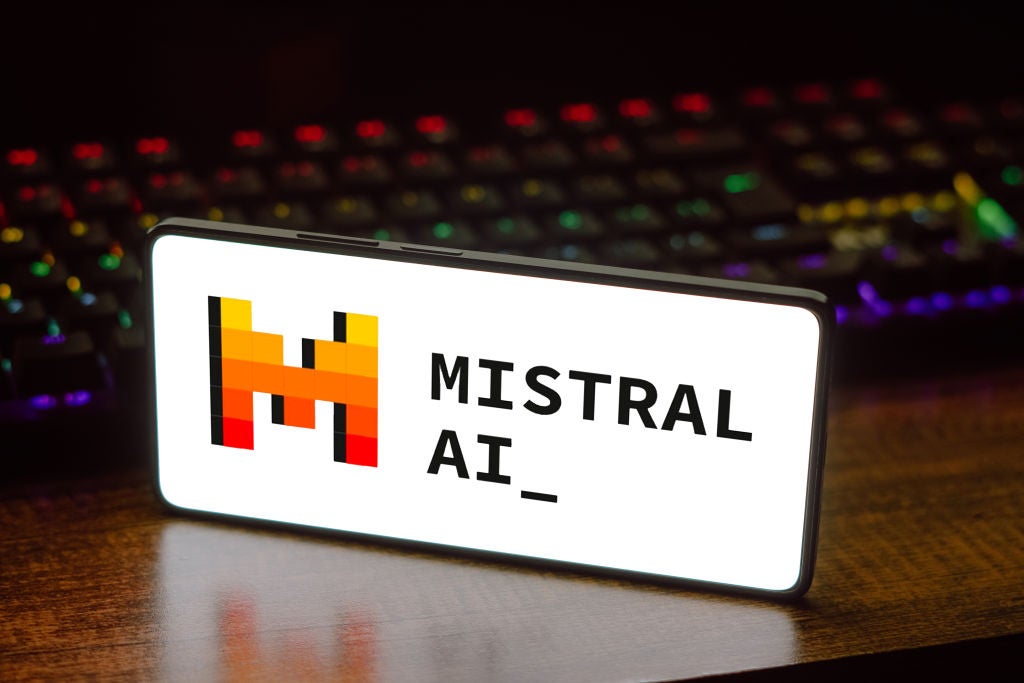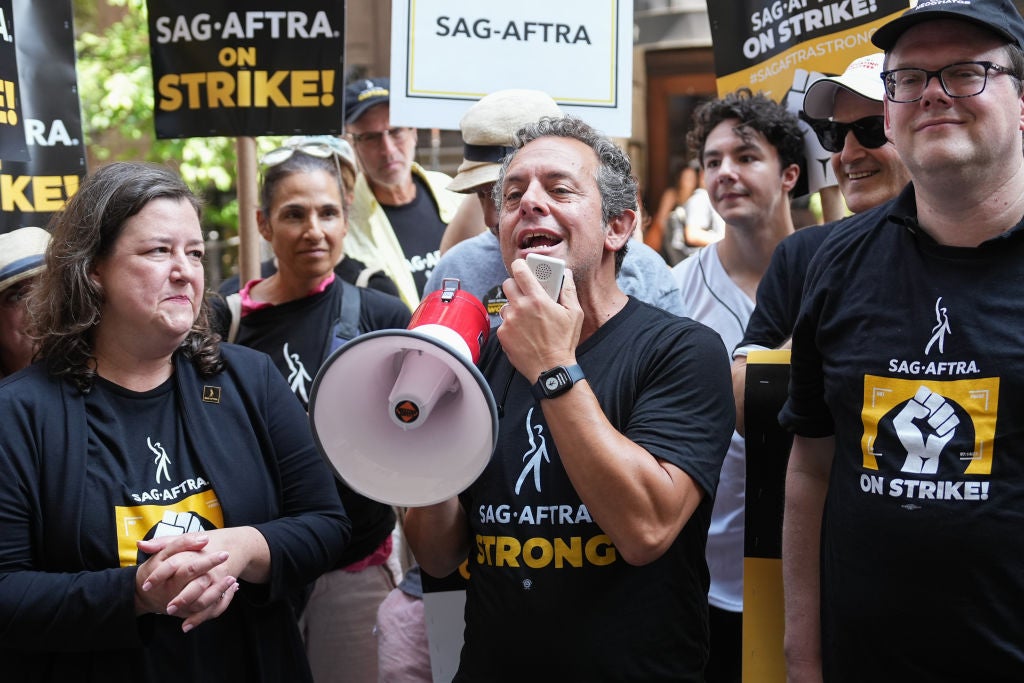
Singaporean tech company Grab will go public on the Nasdaq on December 2 through a special purpose acquisition company (SPAC). It is set to undergo a merger with Altimeter Growth, which would give the startup a valuation of US$40bn, making it the biggest SPAC deal to date.
The majority of Altimeter’s shareholders voted in favour of the merger, a statement released by the SPAC said. There were effectively no redemptions – shareholders voting to receive their investment back – with a reported rate of 0.02%.
Grab, Southeast Asia’s most valuable unicorn, had previously said that it would raise US$4.5bn from the listing. Upon completion of the merger, the company will trade on the Nasdaq under ticker symbol “GRAB”.
After the deal was first announced, Grab had to put plans on hold following an audit that involved accounts from the past three years. At the same time, the pandemic worsened, which adversely affected the ride-hailing industry as a whole.
In addition, regulators tightened scrutiny on SPAC mergers, which, like in the West, have also gained traction in Asia over the past two years.
A SPAC, also known as a “blank check company”, is a shell corporation listed on a stock exchange with the purpose of acquiring a private company, thus making it public without going through the traditional initial public offering (IPO) process.
How well do you really know your competitors?
Access the most comprehensive Company Profiles on the market, powered by GlobalData. Save hours of research. Gain competitive edge.

Thank you!
Your download email will arrive shortly
Not ready to buy yet? Download a free sample
We are confident about the unique quality of our Company Profiles. However, we want you to make the most beneficial decision for your business, so we offer a free sample that you can download by submitting the below form
By GlobalDataThis method is usually much faster and has thus become an increasingly popular way for private companies to go public. A company can list through the SPAC route in a matter of months, while the conventional IPO process is an arduous process that can take anywhere from six months to more than a year.
The Singapore company will be the second Southeast Asian startup to go public in the US after Sea, a Singaporean digital entertainment and ecommerce company.
“I remember years ago when we were talking to investors, some folks didn’t even know where Southeast Asia was on a map,” Grab co-founder and CEO Anthony Tan recently told CNBC in an interview.
“So, today as we announce what is expected to be the largest US equity offering in Southeast Asia. It shows validation of the tremendous offering right here in this region, and that the ‘super app’ strategy works.”
The new cash injection will help the app stay competitive in Southeast Asia’s increasingly fierce “super app” economy. Last year, rumours about a potential merger between Grab and Gojek were floating around. However, the deal eventually fell through when the Covid-19 pandemic took a turn for the worse.
This year, Gojek merged with Tokopedia, forming the new tech powerhouse GoTo – combining the forces of two of Indonesia’s most valuable startups. Following the colossal deal that juxtaposes Tokopedia’s ecommerce business with Gojek’s ride-hailing and payment strengths, GoTo is estimated to be worth between US$35bn and US$40bn. The two companies have indicated that the ultimate goal was to go public in both Jakarta and the US.
Backed by SoftBank, Grab has dual headquarters in Singapore and Jakarta, Indonesia. The company was founded in 2012 in Kuala Lumpur, Malaysia, as a ride-hailing app. It has since ventured into numerous other services following the “super app” model, which provides multiple services through one single application.
Grab has now expanded its lines of business into online food delivery, ecommerce, fintech and online payments. The company has also indicated that it was motivated to try and explore new innovations, such as the recent move into electric vehicles. The tech firm now has a fleet of 5,000 EVs, consisting of GrabCars, GrabBikes and others.
In its latest expansion push, the company said it would launch a digital bank in Singapore in 2022 in partnership with telecommunications giant Singtel. In 2017, the app launched GrabPay, which offers Grab users loans, insurance, wealth management and digital payments services.
“Millions of consumers, when thinking about GrabPay, they think ‘I can pay now, I can pay later, I can pay anywhere,’” Cofounder and CEO Anthony Tan told Forbes Asia in an interview.
Grab’s push into the payments sector shows that the belief in the “super app” model is not waning. GlobalData’s thematic research even goes as far as to say that such apps are “the envy of Western social media companies”, as they form a gateway through which users can access a myriad of internet services, from social networking and ecommerce to financial services.
Grab, Gojek, as well as China’s WeChat, are singled out by GlobalData’s analysis as industry leaders in the “super app” economy.
Earlier this year, the SPAC deal between billionaire investor Bill Ackman’s Pershing Square Tontine Holdings and Universal Music – which would have valued the entertainment giant at US$42.4bn – fell through when the Securities Exchange Commission rejected it, effectively making the Grab deal the largest SPAC to date.





